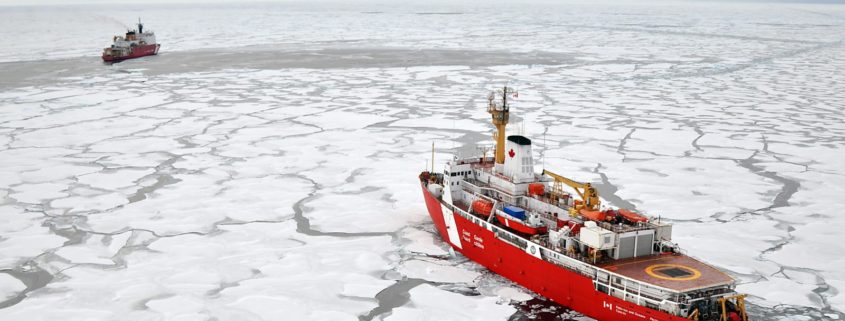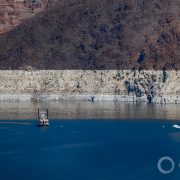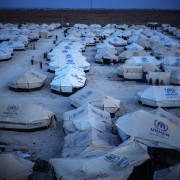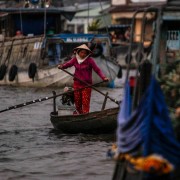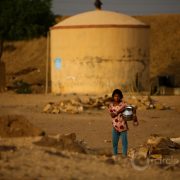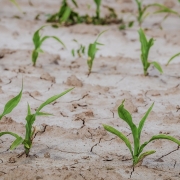The Stream, August 29: Global HotSpots Edition
The Global Rundown
As the Arctic warms, governments may clash over mineral rights and shipping routes. The Gaza Strip is becoming ‘unlivable’ amid ongoing water and electricity crises. UNICEF representatives highlight the plight of Syria’s children, many of whom are without safe water. Deadly fighting in a Palestinian refugee camp in Lebanon damages water infrastructure. Civilians return to the rubble of Benghazi, Libya, where water availability is severely limited.
“We’ve been here for one month and 10 days and all we want from the state is (this): electricity and water, and for people to return to their homes, and stay there.” –Hassan al-Zawy, resident of Benghazi, in reference to returning to his home. Civilians are slowly trickling back into the Libyan city after military forces retook it two months ago, but many neighborhoods have been reduced to rubble after six years of civil war. Reuters
By The Numbers
96 Percent of the Gaza Strip’s water supply that is unsafe to drink. The Gaza Strip’s single aquifer is contaminated by sewage and its three desalination plants are essentially offline due to ongoing electricity shortages. A recent United Nations report announced that the embattled Gaza Strip is now “unlivable.” The Independent
43 Number of civilians and combatants injured amid clashes at a Palestinian refugee camp in Lebanon. The fighting, which was between Islamist groups and several Palestinian factions including the group Fatah, also claimed two lives. Homes were burnt and water networks were damaged in the clashes. The New York Times
Science, Studies, And Reports
A recent UNICEF report emphasized the plight of Syria’s children, including both displaced children and those still trapped in war zones. Many Syrian children have no access to safe water and have limited options for food and shelter. Children caught in areas of heavy fighting such as Raqqa and Deir-ez-Zor are most at risk, facing both inadequate amenities and the risk of injury. UN News Centre
On The Radar
Climate change is pushing the Arctic’s ice further north each year, awakening interest in the region’s abundant natural resources and convenient shipping routes. Oil, coal, diamonds, and other coveted resources lie beneath the ice, prompting nations such as Russia and Canada to begin staking claim to the melting Arctic. Although negotiations over the Arctic have been civil thus far, the potential for conflict could increase as the region’s riches are revealed. The New York Times
Kayla Ritter is a recent graduate of Michigan State University, where she studied International Relations and Teaching English to Speakers of Other Languages. She is currently based in Manton, Michigan. Kayla enjoys running, writing, and traveling. Contact Kayla Ritter

